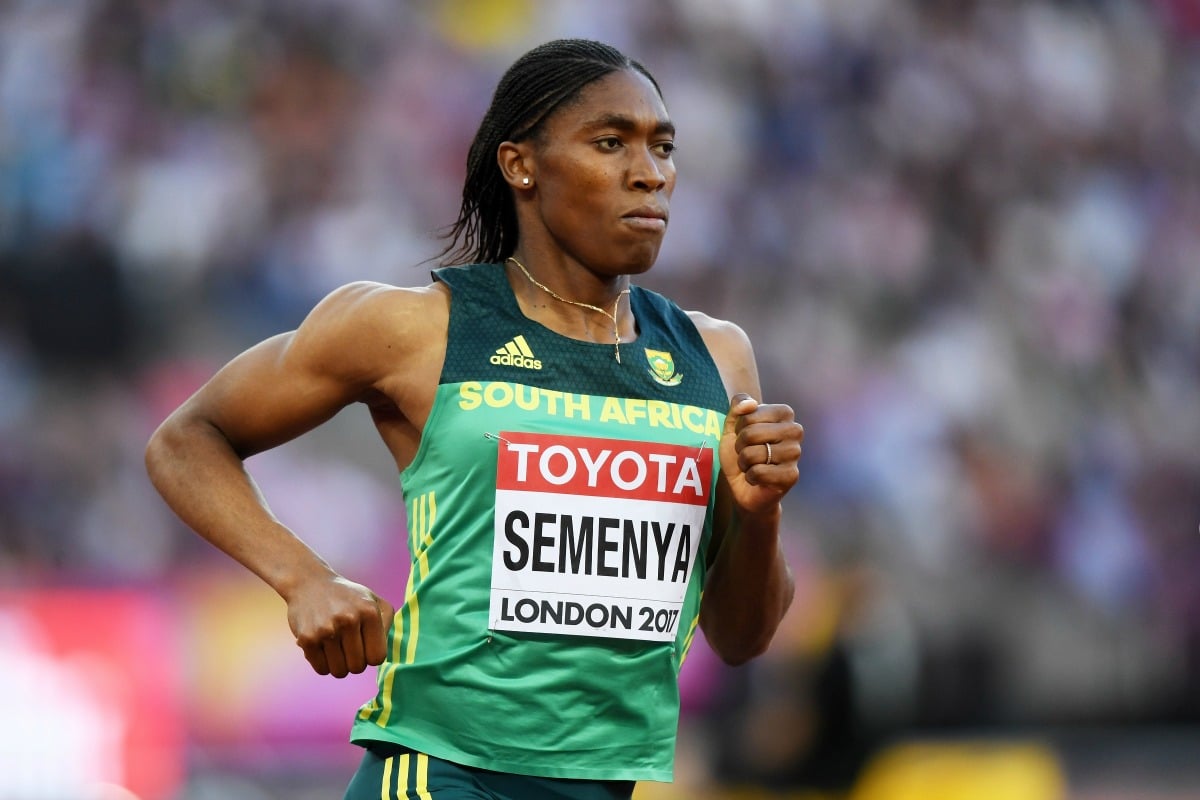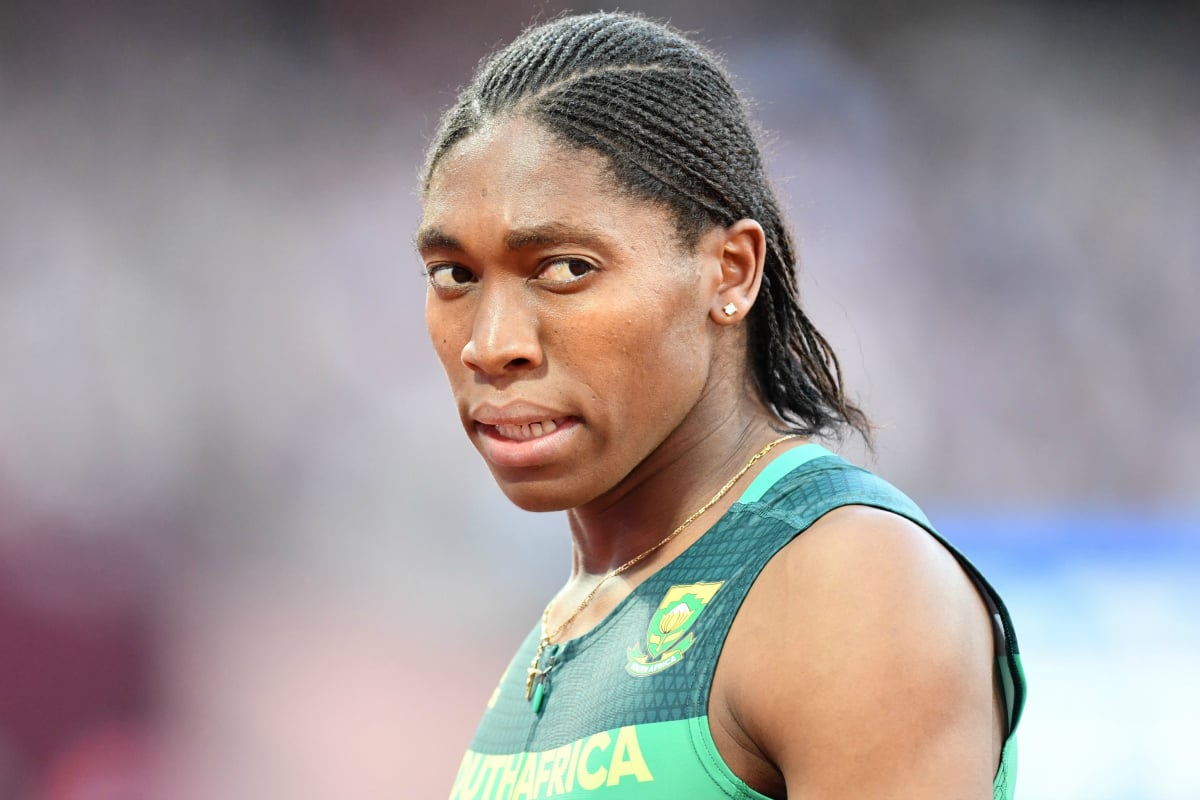
Ever since 800 metre runner Caster Semenya’s first ever gold at the 2009 World Championships, the world has speculated about her biology.
Many pointed to the South African’s appearance – her ‘broad shoulders’ or ‘square jaw’. They said her success was down to an ‘unfair advantage’.
Caster Semenya has, unintentionally, it seems, become the face of hyperandrogenism, which causes a female to produce excessive levels of male sex hormones, including testosterone.
On May 1, the Swiss-based Court of Arbitration for Sport dismissed an appeal lodged by the 28-year-old against hormone standards proposed by the International Association of Athletics Federations (IAAF) in April 2018.
The International Association of Athletics Federations (IAAF) ruled that Semenya would have to take medication in order to continue competing in the women’s category for her sport.
Paediatric endocrinologist Dr Jacky Hewitt told Mamamia‘s daily news podcast The Quicky, increased testosterone can give advantage to athletes – but not as much as you might think.
“The effect of testosterone on the increase in the sports capacity is thought to be around 10-12 per cent improvement… When we look at individuals with intersex variations, their average benefit is unlikely to be that 10-12 per cent because by definition these individuals were born with atypical sex variations so they are not typically biologically developed as males.

